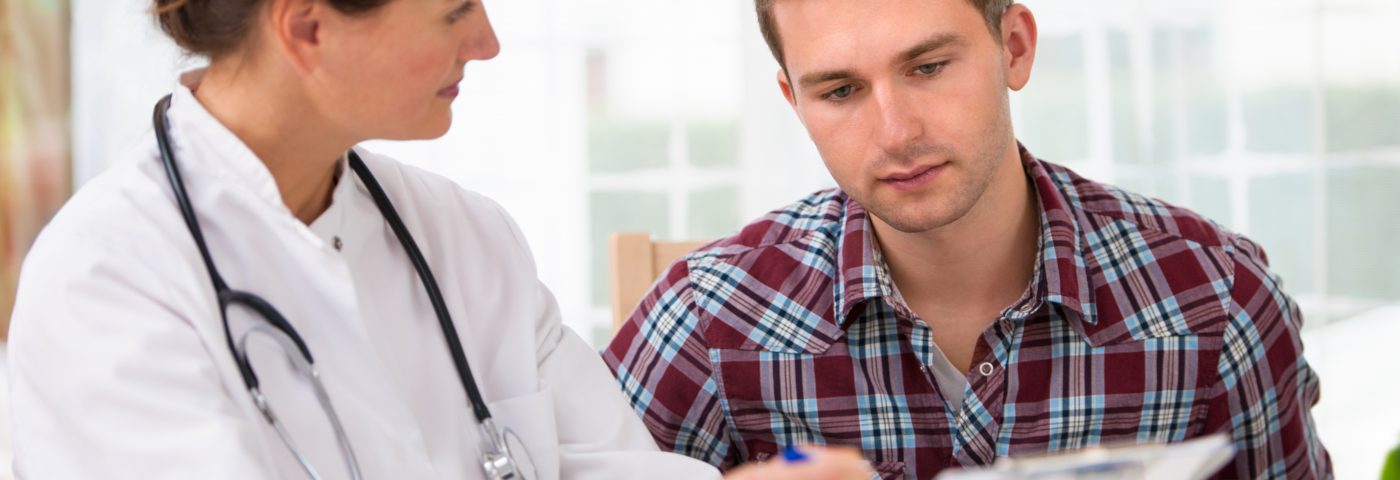Roughly 7% of adults experience depression every year in the U.S. People with adrenomyeloneuropathy (AMN), the adult-onset form of adrenoleukodystrophy (ALD) may be at a higher risk of depression or other mood disorders.
What is depression?
Depression is long-lasting feelings of sadness, loss, or emptiness. It can also include feelings of guilt or anxiety.
Depression can lead to difficulty sleeping, irritability, loss of interest, aches and pains, and thoughts of suicide. Its symptoms can vary among people of different genders and ages, and from person to person.
What is AMN?
AMN is a form of ALD whose symptoms don’t usually occur until adulthood. As with all forms of ALD, mutations in the ABCD1 gene cause AMN. This gene resides on the X chromosome. The disease is, therefore, more common in males than females since men have one copy of the X chromosome while females have two. (The second X chromosome carrying a healthy copy of the ABCD1 gene can compensate for a faulty one in women.)
The ABCD1 gene is responsible for producing the adrenoleukodystrophy protein (ALDP), which plays a role in transporting very long-chain fatty acids (VLCFAs) to compartments where cells break them down. With lower amounts of functional ALDP, VLCFAs build up and cause damage to the adrenal glands and the myelin sheath, the protective coating of nerve cell fibers.
How is AMN related to depression?
The exact mechanism through which AMN relates to depression is not clear. The progressive nature of the disease could lead to patients experiencing depressive feelings. Depression may also be directly linked to damage caused by the disease to specific regions of the brain. However, no studies to date have looked at this directly.
Treatment
If you have AMN and have been feeling sad for an extended time, or experiencing other signs of depression, it is important that you speak to your physician. He or she may be able to recommend an approach such as talk therapy, or medications that could help.
If you have feelings of worthlessness or hopelessness, seek immediate assistance from a suicide prevention organization, such as the National Suicide Prevention Lifeline for those in the U.S., and the International Association for Suicide Prevention for people in a European country.
Last updated: Sept. 30, 2020
***
Adrenoleukodystrophy News is strictly a news and information website about the disease. It does not provide medical advice, diagnosis or treatment. This content is not intended to be a substitute for professional medical advice, diagnosis, or treatment. Always seek the advice of your physician or other qualified health providers with any questions you may have regarding a medical condition. Never disregard professional medical advice or delay in seeking it because of something you have read on this website


